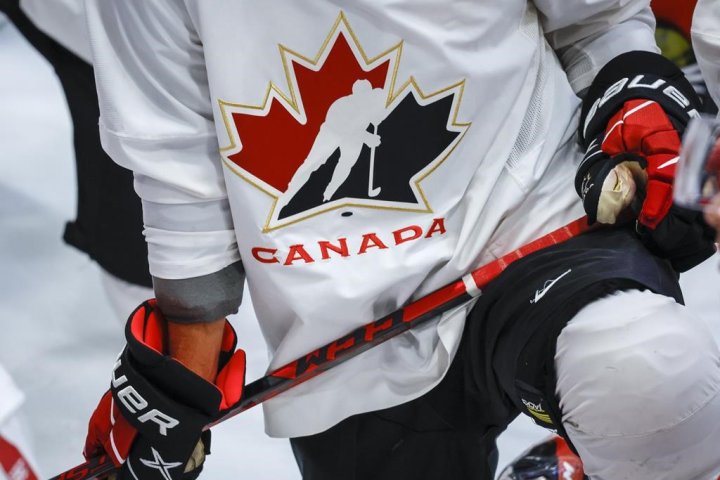
Title: A Guide on Discussing the 2018 World Juniors Sex Assault Charges with Your Children
Introduction:
The 2018 World Juniors Sex Assault Charges have undoubtedly sparked concern and raised important questions among parents worldwide. It is crucial to address this sensitive topic with our children in a thoughtful and age-appropriate manner. By providing them with accurate information and fostering open dialogue, we can help them understand the issue while ensuring their safety and well-being.
Understanding the context:
The 2018 World Juniors Sex Assault Charges refer to the allegations of sexual assault that emerged during the international ice hockey tournament held in Buffalo, New York. These charges involved members of the Canadian team and highlighted the importance of addressing such incidents and promoting a safe and respectful environment in sports.
Age-appropriate discussions:
1. Young children (5-10 years):
– Start by asking if they have heard anything about the World Juniors tournament.
– Provide basic information about the event, emphasizing its purpose as a celebration of sportsmanship and teamwork.
– Reassure them that most athletes are respectful and kind, but sometimes people make mistakes.
– Emphasize the importance of speaking up if they ever feel uncomfortable or unsafe, regardless of the situation.
2. Pre-teens (11-13 years):
– Begin by asking if they have heard about the allegations surrounding the World Juniors tournament.
– Explain that some players were accused of behaving inappropriately towards others.
– Emphasize that these incidents are taken very seriously and are being investigated to ensure justice is served.
– Encourage open conversation, allowing them to express their thoughts and feelings while providing reassurance.
3. Teenagers (14+ years):
– Initiate a discussion by asking if they are aware of the allegations surrounding the World Juniors tournament.
– Provide more detailed information about the charges, being mindful of their emotional maturity.
– Discuss the importance of consent, respect, and the consequences of inappropriate behavior.
– Empower them to be vigilant and supportive of their peers, encouraging them to report any concerns they may have.
Key talking points:
1. Consent:
– Explain the concept of consent, emphasizing that it must be freely given, enthusiastic, and ongoing.
– Teach them to recognize signs of discomfort or unwillingness in others and the importance of respecting boundaries.
2. Reporting incidents:
– Encourage open communication and assure them that they can confide in a trusted adult if they witness or experience any form of inappropriate behavior.
– Discuss the role of bystanders in supporting victims and reporting incidents to authorities.
3. Online safety:
– Discuss the potential risks associated with sharing personal information online and engaging in conversations with strangers.
– Teach them about responsible internet use and the importance of privacy settings.
Conclusion:
Discussing sensitive topics like the 2018 World Juniors Sex Assault Charges with our children is crucial for their understanding and safety. By providing age-appropriate information, fostering open dialogue, and emphasizing the importance of consent and respect, we can equip them with the knowledge and skills necessary to navigate the world confidently. Remember, open communication and a supportive environment are key in helping our children develop a strong sense of personal boundaries and empathy towards others.

